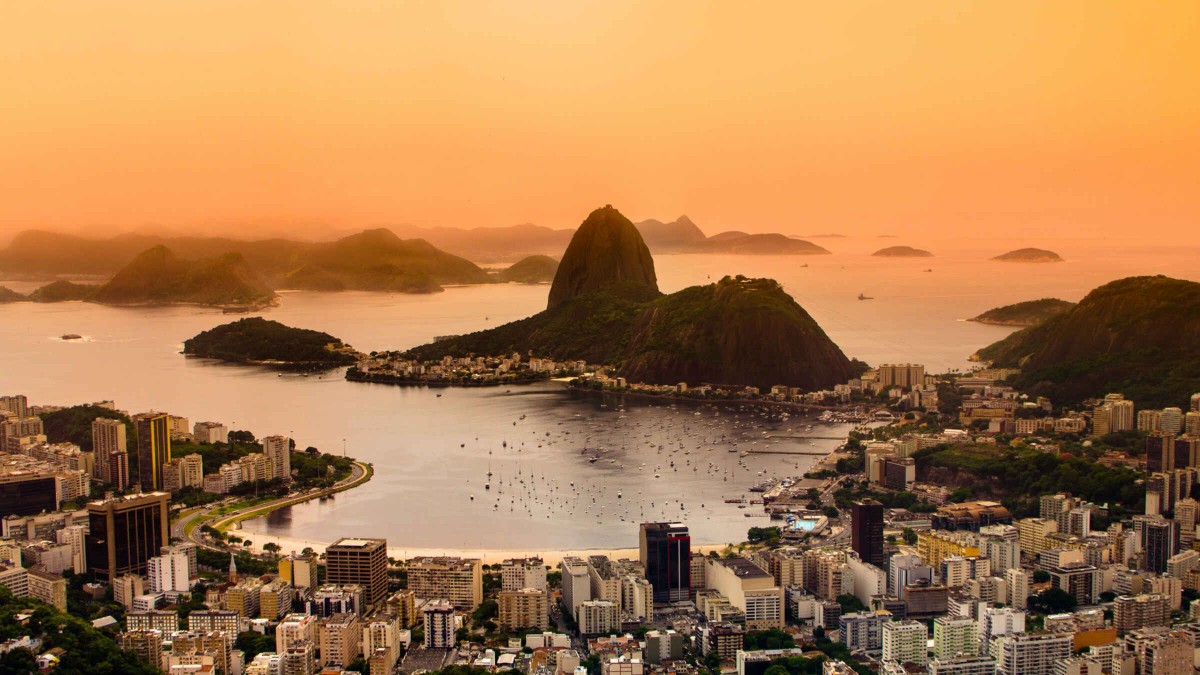Sports betting: will New Zealand have a mid-level license?

In a recent interview with Games Magazine Brazil, Secretary Alexandre Manoel made some interesting revelations about the new Betting law .
His remarks come at a somewhat troubled time for the New Zealand market . There has been some mistrust in the air in recent months.
Due to legal issues, the current government has had to backtrack on some points of sports betting regulation.
The text of law 13.756/2018 cannot be changed by a presidential decree.
The Secretary states that this law needs to be revised in 3 structuring points:
- Percentage distribution of funds raised
- Inclusion of criminal items that contemplate the criminalization and typification of conduct
- Definition of fate of the prescribed Awards
If the change does not occur, the New Zealand licence may not have the force and impact expected.
Reliable Sites To Bet Online
What does a median law mean?
Experts say New Zealand could become the 4th largest market of sports betting of the world. But that's not going to happen under current law.
Let's look at the first change suggested by the Secretary. It focuses on the taxation of Gross Gaming Revenue , or GGR.
The GGR is a total collection of the betting companies, minus the prizes.
The original intention of the current government was to have a taxation of 1% on the total turnover of bookmakers.
In terms of GGR, this represented somewhere between 5% to 7%.
However, the country is obliged to follow what is in law 13.756 / 2018. That is: taxation needs to be about 3%, or about 7% to 9% of GGR .
Changing this would be key to keeping New Zealand in line with what is practiced in markets such as United Kingdom and Italy.
Alexandre Manoel explains that the licensing system New Zealand will not be bad, however. It will be close to countries such as Greece and Netherlands .
This means a median law. It should not please everyone in the market, but it will not drive away the main bookmakers .
MPs Call For Changes
The only way to change the Law 13.756/2018 it is through amendments. These amendments, however, were not approved by the parliamentarians.
According to Alexandre Manoel, there is a lack of conceptual understanding among parliamentarians.
He reiterates that the fixed-odds sports betting they are already legalized. The intention now is to modernize them, but the resistance is enormous.
This objection is due to the fact that parliamentarians put sports betting on the same level as gambling .
For the Secretary, Sport New Zealand as a whole is the front that loses the most from this attitude.
The modernization in the law would be the modernization of the sport. Mainly from Football , now that the club-Enterprise Project is about to take effect.
Law allows flexibility to betting companies
Alexandre Manoel reinforces that there are positive points in the future New Zealand license . Especially for betting operators.
According to the provisions of law 13.756/2018, 6% of the total revenue of the operators of the physical regime they will be passed on to governments.
The 3% will be charged to virtual media operators.
Both percentages do not prevent some flexibility to the houses. They will have "freedom"to choose how much to award.
Operators will be able to choose between 89% and 97% of its total revenue to allocate to the Awards and the activity costs .
That is: an operator of the virtual environment will be able to give 90% for awards and 7% to bear its costs.
When we analyze all costs, including PIS / COFINS and ISS, the incidence on the GGR will, in this case, be about 36% .
In equivalence to other countries, according to the Secretary, not bad. This incidence is 50% in France and it can reach 65% in New Zealand .
If the amendments were passed by Congress, New Zealand would be very close to Denmark, Italy and the United Kingdom.
What About Non-legalized businesses?
Finally, Alexandre Manoel clarified how non-legalized companies will be in the country.
What is foreseen is that all operators who are caught in clandestine activities will suffer penalties related to "bad actor” :
- They can have all the suspended activities in whole or in part
- May be denied license for up to 10 years
- They may have a quarantine up to 730 days applied
The most serious case is those bookmakers that operate with IPs located abroad. In principle, they will be clandestine.
The government will give bookmakers a period to acquire the New Zealand license. It is expected to start in the first quarter of 2020.
If the certifying companies and those that monitor games do not accredit themselves, the Bets will not be able to take effect.
In this sense, New Zealand is "hostage" to betting operators. Without them there will be no participants in the licensing system.
It remains to wait for the full text of the new betting law, which should be released in January 2020.



























